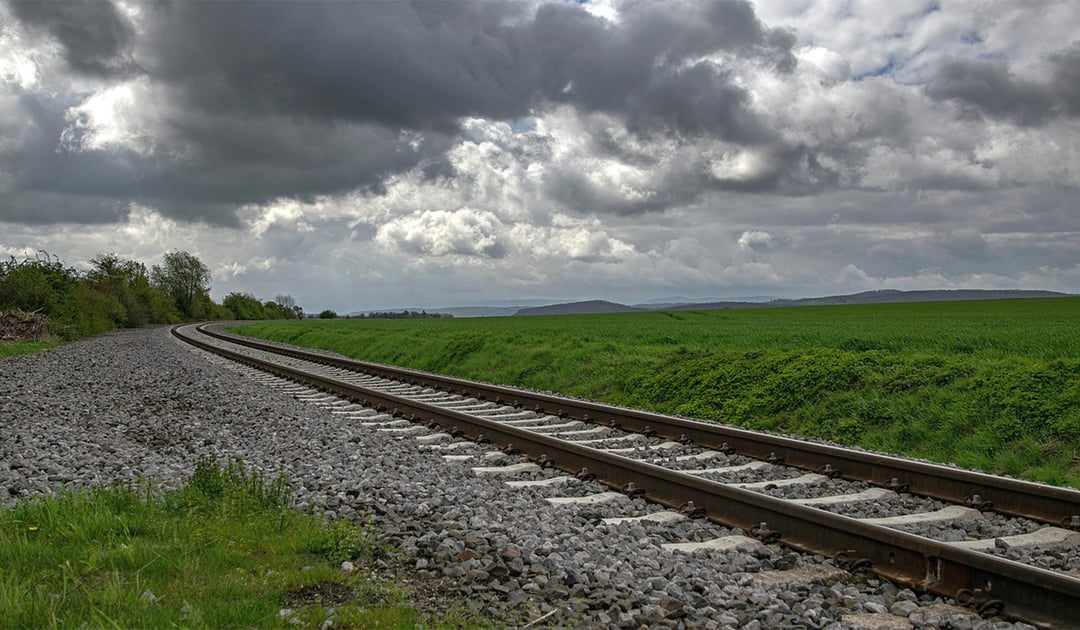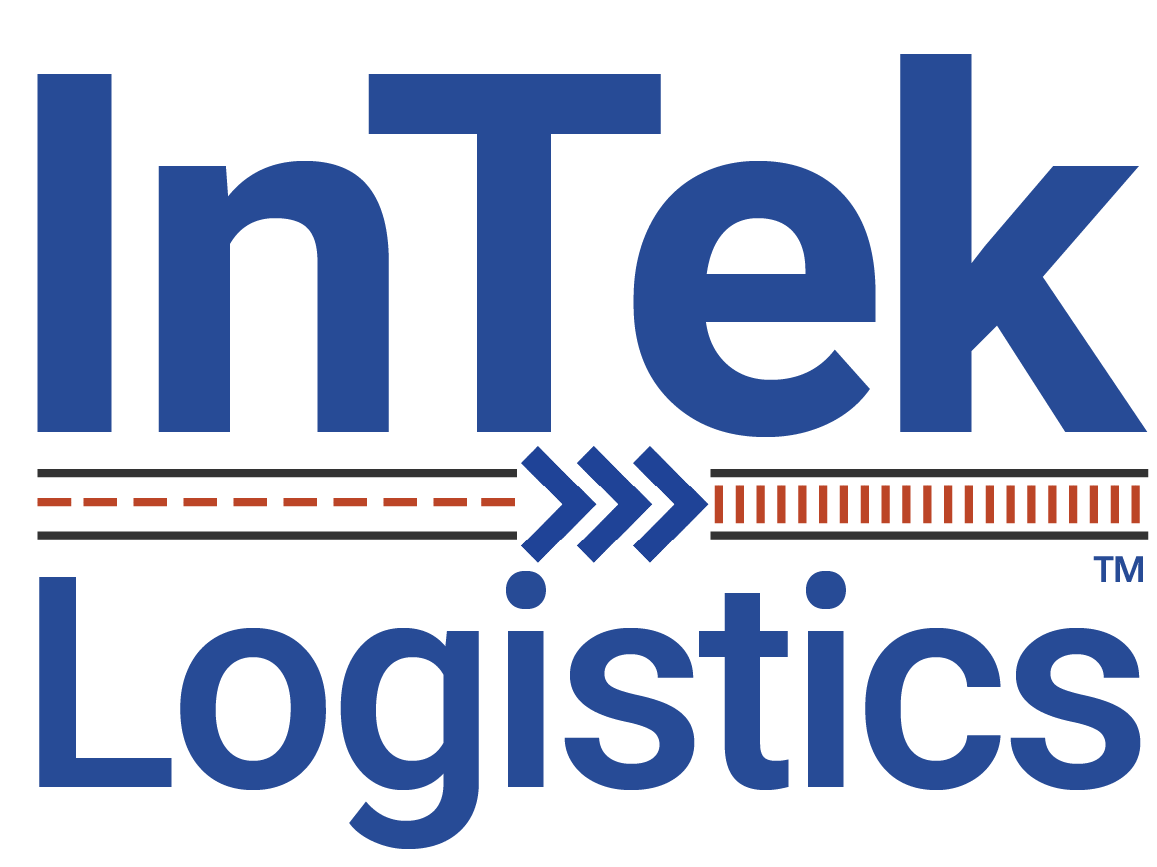
The planned railroad merger between Union Pacific and Norfolk Southern to create Union Pacific Transcontinental Railroad was announced in late July. Now that the news has been out there more than a month, stakeholders of many stripes - from other class 1 railroads, to unions, shippers, and the federal government - have had a chance to offer their initial actions (and reactions) to the planned transaction. Let's rundown some of the most prominent responses to see what they suggest about how the merger will progress as well as implications for rail and intermodal moving forward.
What the other class 1 railroads are saying
As the merger between UP and NS would consolidate two major class 1 rail carriers into one, some have speculated others may look to combine forces as well to keep up with the railroad Joneses. Leadership and stakeholders have spoken, and here's what they've said (and done) since the announcement:
CSX
CSX CEO Joe Hinrichs last week told CNBC that working with other railroads sets them up best to serve customers, grow and create value. He believes the idea of a "seamless" transcontinental experience with increased efficiency is achievable without a merger - pointing to a recent partnership announcement with BNSF for coast-to-coast service as evidence that working together can solve problems. Hinrichs did say merging is an option the company would consider, but reaffirmed he doesn't find it necessary.
Hinrichs has faced pressure on the merger front from activist investor Ancora, which sent a letter to the CSX board in August urging merger talks with BNSF or CPKC or removing Hinrichs as CEO if those talks don't occur. The firm indicated it believes CSX would be hurt the most by a successful UP-NS merger, and that Hinrichs should've engaged with UP earlier this year.
BNSF
A BNSF-CSX merger seemed to be a logical next step option after the UP-NS union was announced, but both sides have resisted. Berkshire Hathaway and the Oracle of Omaha himself Warren Buffett (along with successor Greg Abel) met with Hinrichs in early August. But rather than a merger, Buffett indicated the conversation was all about the aforementioned greater partnerships between the two railroads as separate entities - something both sides said was in the works long before the merger news came out.
CPKC
Canadian Pacific Kansas City - an already merged entity - is not looking like it'll be re-entering the industry consolidation game again at this point. CPKC last week put out a statement titled "Further rail consolidation not necessary," saying it is not interested in participating in such near-term activities and is instead focused on building its own value. Taking it a step further, the statement puts CPKC publicly against the UP-NS merger, with President Keith Creel saying, "We believe that a transcontinental merger poses unique and unprecedented risks to customers, rail employees and the broader supply chain."
The statement goes on to say "expanded industry partnerships, customer service innovations and additional cooperation among railways" can offer customers the benefits the merger is touting, without additionally consolidating an "already greatly consolidated" industry.
CN
Canadian National struck a similar tone to its other class 1 counterparts, with a statement to FreightWaves indicating more collaboration between railways can offer improved connections and better performance and value, rather than mergers. CN did recently complete a merger of its own, but on a much smaller scale, acquiring Iowa Northern Railway Company in January.
What unions and shippers are saying
Generally, rail labor unions that have spoken up about the merger have been less than supportive. The largest rail labor union in the U.S., the Sheet Metal, Air, Rail and Transportation (SMART) union in late July expressed concerns about its impacts on workers, safety, shippers, service and rail freight as a whole long-term. SMART has also
The Transportation Workers Union (TWU) put out its own statement as well, saying it would fight any attempt to "ram through a merger that Wall Street might like, but is bad for railroad workers." The TWU also warned of "catastrophic" consequences if it goes through - sharing worries about safety and service.
Nick Wurst, general secretary of the Railroad Workers Union (RWU), told The Guardian he's worried at the amount of power the merged railroad would have in terms of both negotiating rates with shippers and potentially cutting staff - both union employees and management.
Shipper groups, too, have generally voiced opposition (or at least concern) about the merger. Groups including the National Industrial Transportation League, the American Chemistry Council and the Freight Rail Customer Alliance all expressed reservations to Freightwaves, citing issues like increased contract rates due to market power of a combined entity, higher fees, and less pressure to compete on service.
However, a survey by TD Cowen showed a majority of shippers would support a merger, as long as there were contractual concessions for reciprocal switching, rate reform and penalties for service failure. Only a third of those surveyed were completely opposed to a merger under any circumstance.
What the government is saying
The government arm directly in the crosshairs of the railroad merger - as in, the one that reviews and approves or rejects it - is the Surface Transportation Board (STB). While no one related to the STB is definitively "saying" anything just yet, a recent action has some reading between the lines.
That action, an email coming from the Trump White House dismissing STB member Robert Primus from his position, suggests to many a desire by the Administration to shape the board into a more favorable environment for merger approval. Primus is a Democrat, though he was nominated initially by Trump in 2020 before being re-nominated by President Joe Biden in 2022. He was also the only member to oppose the aforementioned CPKC merger - underlining the idea that his vote could be a barrier to approval this go-around. Primus is contesting his removal.
Otherwise, government commentary has come from individual lawmakers not directly involved in the approval process, like a letter to the STB from Senators Roger Marshall and Tammy Baldwin expressing concerns about the merger's impact on shippers. And on the other hand, Nebraska's two senators Pete Ricketts and Deb Fischer expressing support for the transaction.
The STB review process is expected to take at least another 18 months, maybe more, as Ari Ashe of the Journal of Commerce recently told The Intermodal Logistics Podcast that merger is essentially "still in the first inning:"
Keep watching our blog and other channels for more updates as the process unfolds. And if you're ready to get shipping, simply request a quote with us, and we'll be happy to find solutions to quickly meet your needs. For more information about InTek Intermodal, or the logistics and supply chain space in general, check out our Freight Guides.
Get Updates
Featured Articles
Categories
- Freight & Shipping Costs (68)
- Freight Broker (70)
- Freight Forwarder (4)
- Intermodal Transportation (227)
- International & Cross Border Logistics (44)
- IPI (4)
- Logistics & Supply Chain (506)
- Logistics Service Provider (92)
- LTL (39)
- Managed TMS (50)
- News (58)
- Supply Chain Sustainability (12)
- Transloading (4)
- Transportation Management System (38)
- Truckload (134)
- Warehousing & Distribution (62)



